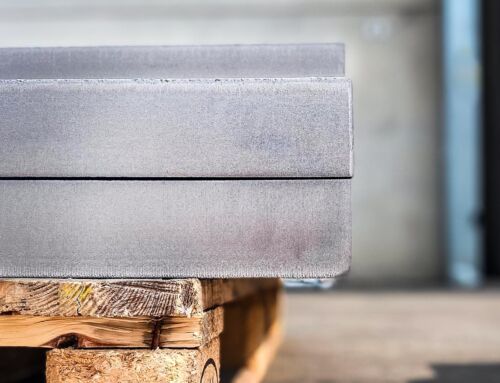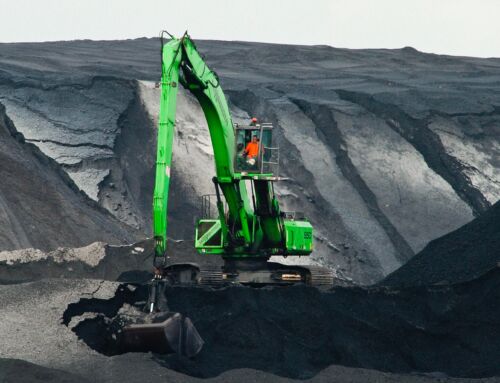The thick plate rolling industry requires high-quality materials that can withstand intense forces during the rolling process. In this context, high-quality steels make a significant difference for thick plate rolling, offering a unique combination of strength, malleability, and versatility. This article will explore the importance of thick plate rolling steels and their crucial role in meeting the demands of manufacturing industries.
The advantages of thick plate rolling steels
Thick plate rolling steels offer several advantages that make them indispensable for applications requiring extreme flexibility and superior strength. These materials can bear heavy loads without permanent damage.
Mechanical properties
These steels must possess a combination of mechanical properties that enable them to withstand the deformation forces during the rolling process. Tensile strength, malleability, and deformability are some of the key characteristics of these materials. Their well-balanced internal structure and ability to absorb deformation energy without breaking make them highly suitable for applications where strength and flexibility are essential.
Materials such as P275NH, A516Gr60, P355NH, or A516Gr70, mainly used in the chemical, petrochemical, and oil industries, as well as for the construction of heat exchangers, condensers, evaporators, superheaters, and boilers, are particularly suited for this type of processing. It is equally true that construction materials like S275/S355 in their various grades, wear-resistant grades like HB400 or HB450, high-yield strength materials like S690QL or S890QL, and stainless grades AISI304/L, AISI316/L, AISI310/S, AISI321 are commonly used for rolling, depending on the final product.
Production processes and heat treatments
The production process involves advanced techniques to ensure the desired properties are achieved. Moreover, heat treatments such as normalization and tempering are essential to enhance the characteristics of the materials, ensuring optimal performance during rolling.
Applications and industrial sectors
These materials are widely used across various industrial sectors:
- Pressure vessels
- Oil & Gas
- Mining
- Structural
- Offshore and onshore
- Pulp and paper industry
- And many more…
Their ability to withstand extreme and internal forces while maintaining the desired shape and structure makes them indispensable for modern manufacturing.
Sidertaglio Lamiere and thick plate rolling steels
Sidertaglio Lamiere, with its solid experience in the industry, can meet the demands for thick plate rolling materials, with thicknesses up to 220 mm depending on the material and size. Additionally, they offer valuable support and consultation through their specialized technical department. Their deep knowledge of materials and rolling processes allows them to collaborate actively with customers, understanding their needs and providing tailored solutions.







